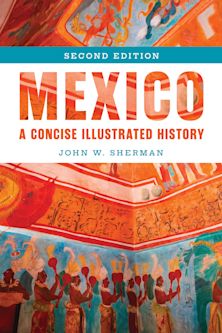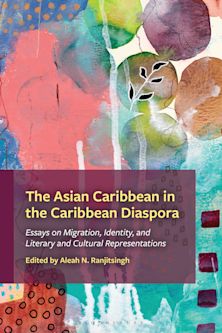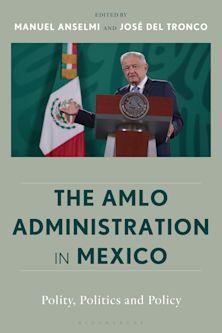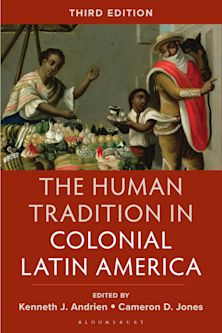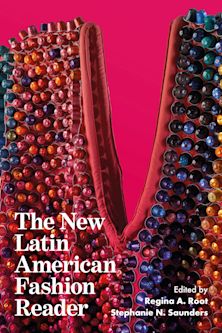Latin American Studies and the Cold War
- Textbook
Latin American Studies and the Cold War
- Textbook
Description
With a unique international scope, this timely text traces the impact of the ongoing Cold War on the transformation of the field of Latin American studies in the United States, United Kingdom, Netherlands, Germany, Czechoslovakia, Soviet Union, China, and Cuba. Drawing on unpublished documents, the book highlights how the new generation of academics challenged the mainstream Cold War consensus and opened the field to progressive theoretical currents. This book provides an essential foundation for new directions in the field of Latin American studies for academics and students.
Table of Contents
Gilbert M. Joseph
Introduction
Ronald H. Chilcote
Chapter 1: The Cold War and the Transformation of Latin American Studies in the United States
Ronald H. Chilcote
Chapter 2: Academic Entrepreneurs, Public Policy, and the Growth of Latin American Studies in Britain during the Cold War
Rory M. Miller
Chapter 3: Between Academia and Civil Society: The Origins of Latin American Studies in the Netherlands
Michiel Baud
Chapter 4: Between Academia and Politics: Latin American Studies in Germany during the Cold War
Hans-Jürgen Puhle
Chapter 5: Latin American Studies in East Central Europe during the Cold War: The Case of Czechoslovakia
Josef Opatrný
Chapter 6: The Cold War and Latin American Area Studies in the Former USSR: Reflections and Reminiscences
Russell H. Bartley
Chapter 7: Latin American Studies in China during the Cold War
Mao Xianglin and Shi Huiye
Chapter 8: The Centro de Estudios sobre América: Notes on a Little-Known History
Luís Suárez Salazar, translated by Victoria Furio
Afterword 233
Judith Adler Hellman
Appendix: The Latin American Challenge to U.S. Scholarship in Latin America 247
Ronald H. Chilcote
About the Contributors
Latin American Perspectives in the Classroom
Product details
| Published | 02 Mar 2022 |
|---|---|
| Format | Ebook (PDF) |
| Edition | 1st |
| Extent | 280 |
| ISBN | 9798765172490 |
| Imprint | Rowman & Littlefield |
| Series | Latin American Perspectives in the Classroom |
| Publisher | Bloomsbury Publishing |
Reviews

ONLINE RESOURCES
Bloomsbury Collections
This book is available on Bloomsbury Collections where your library has access.












